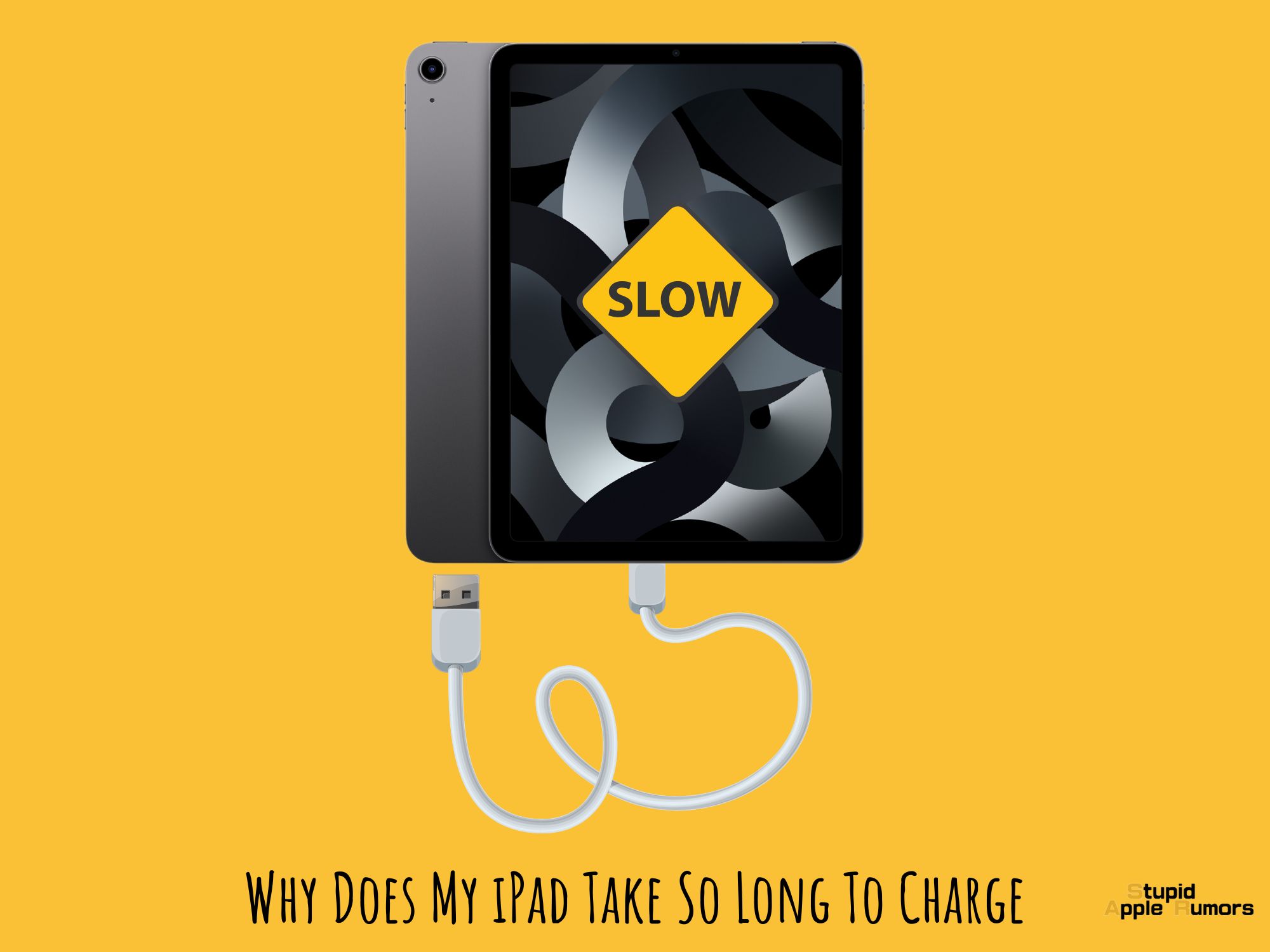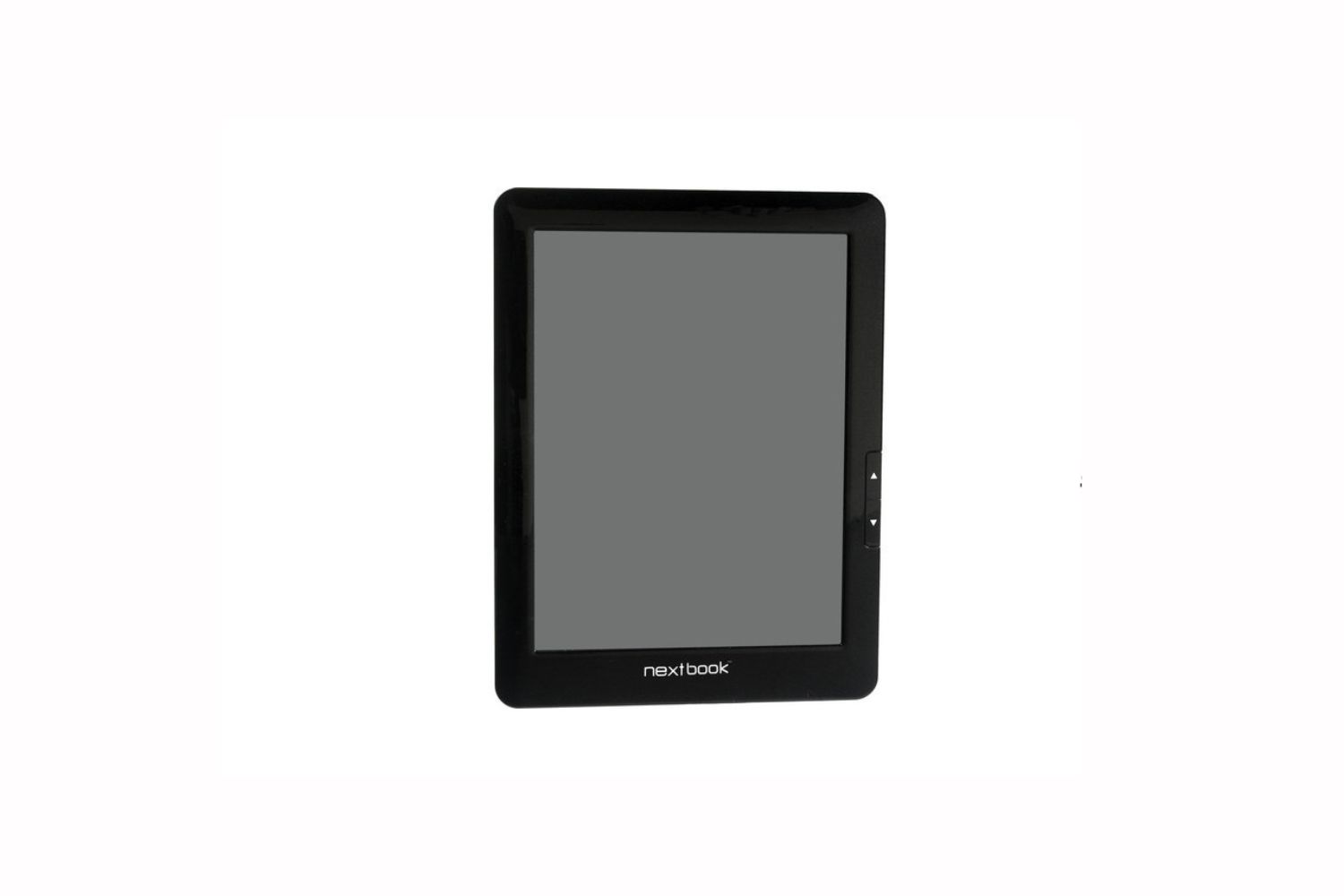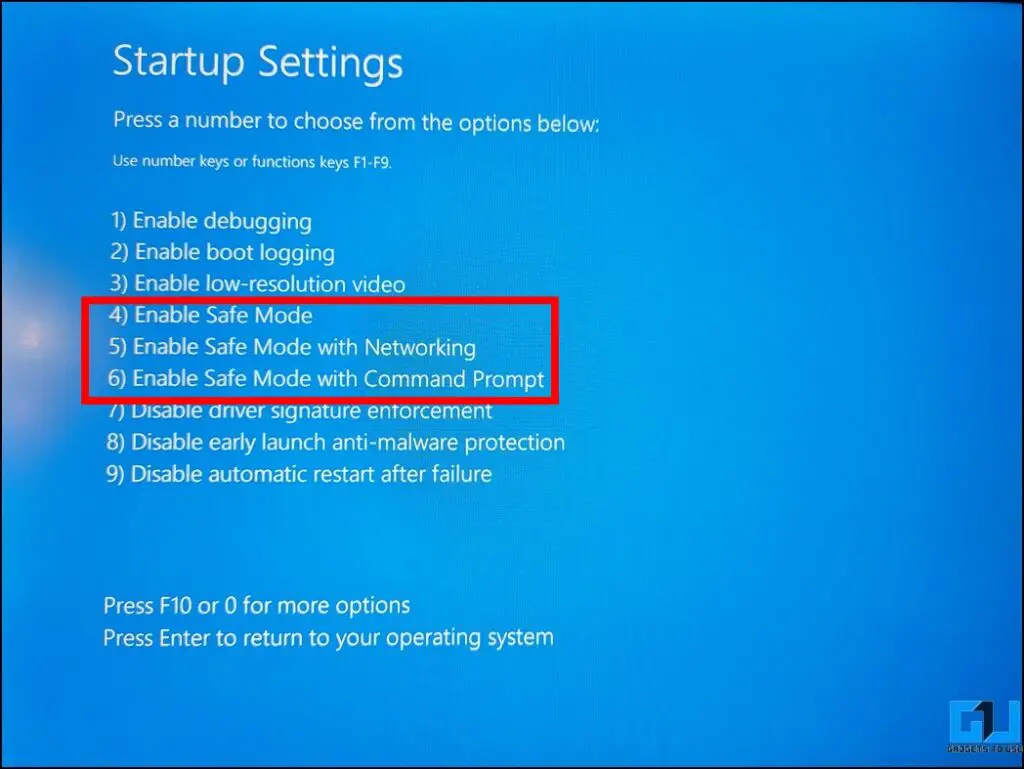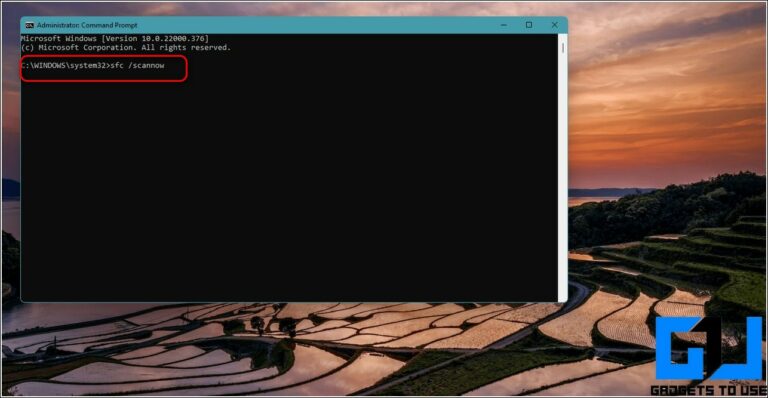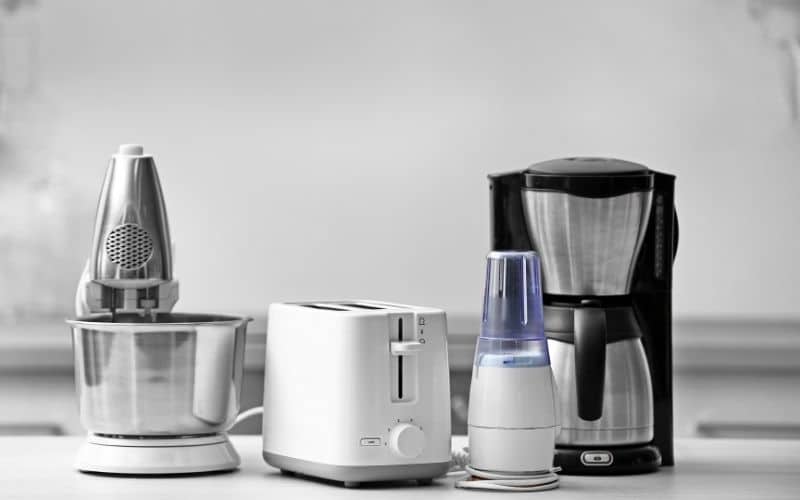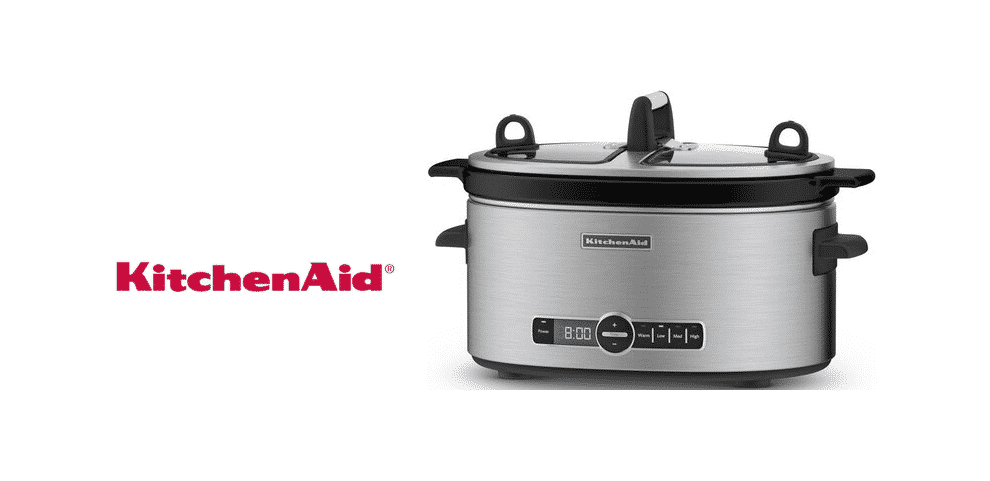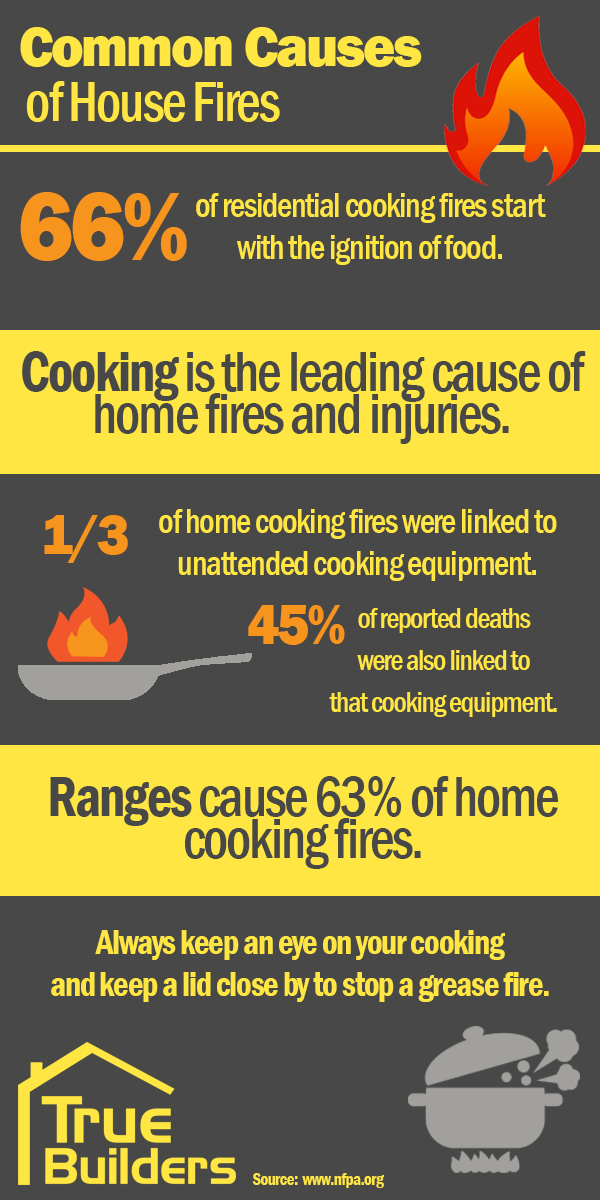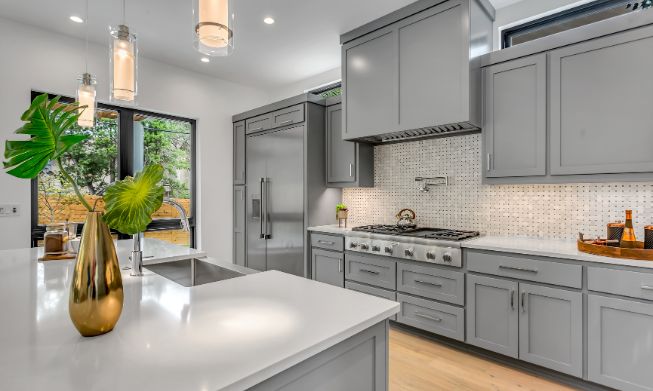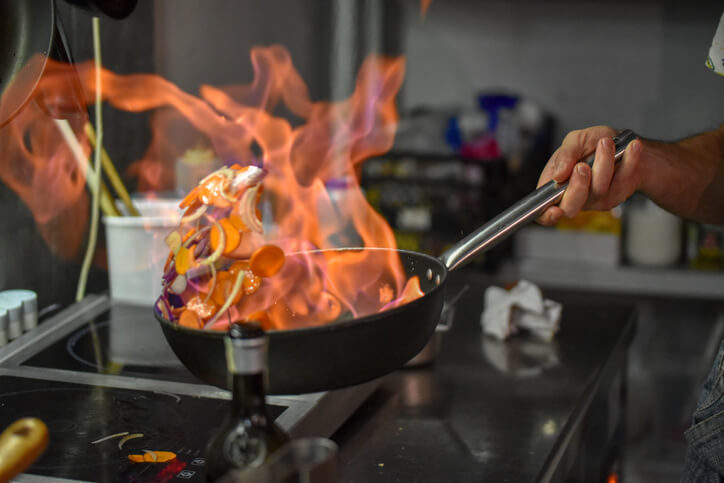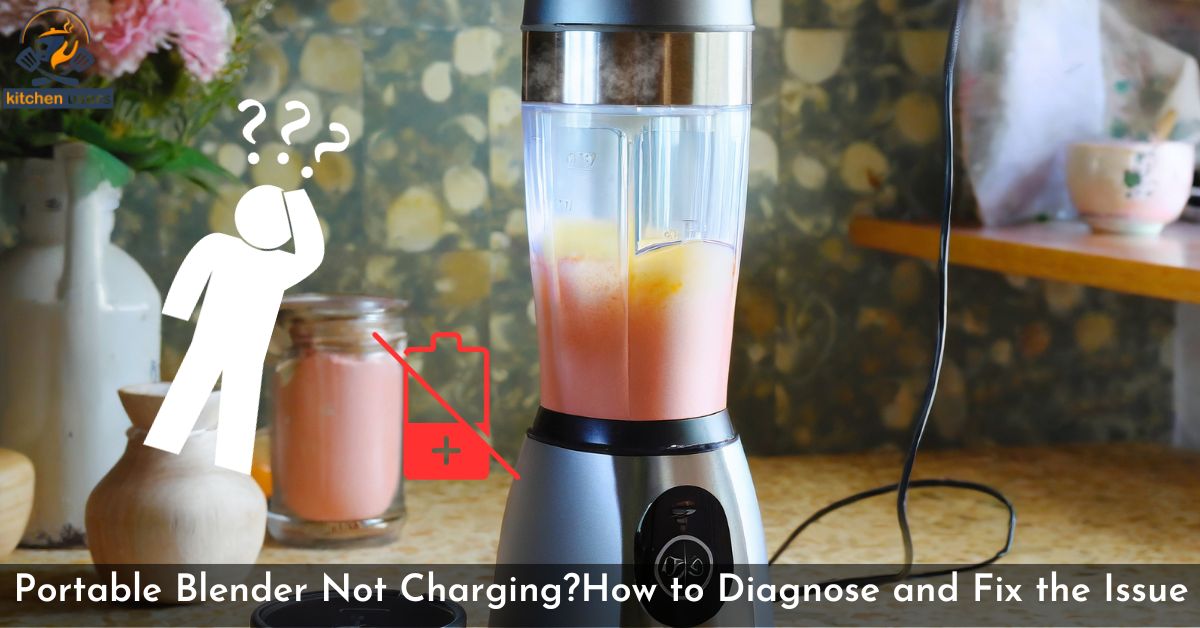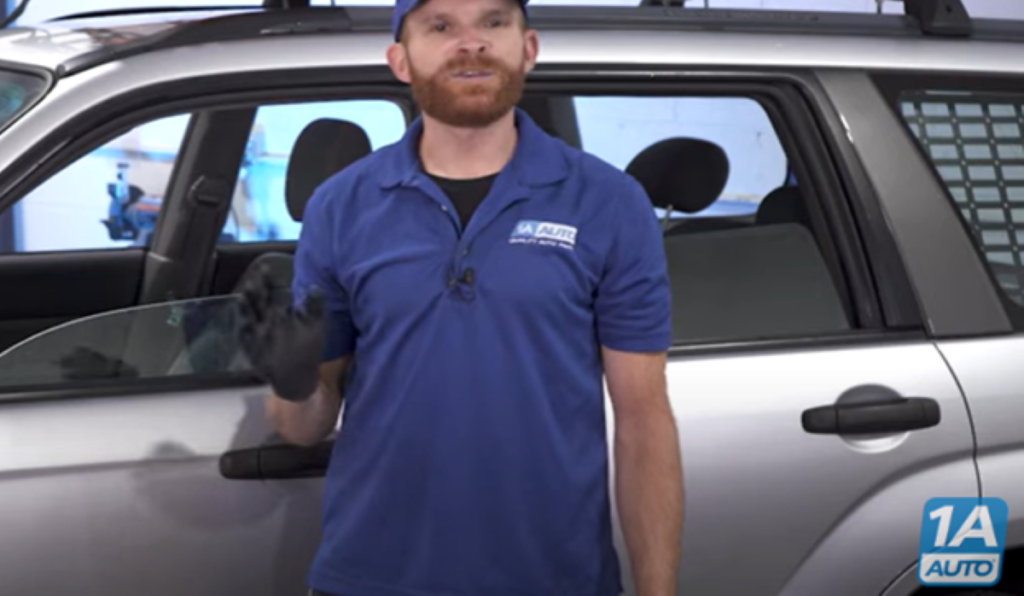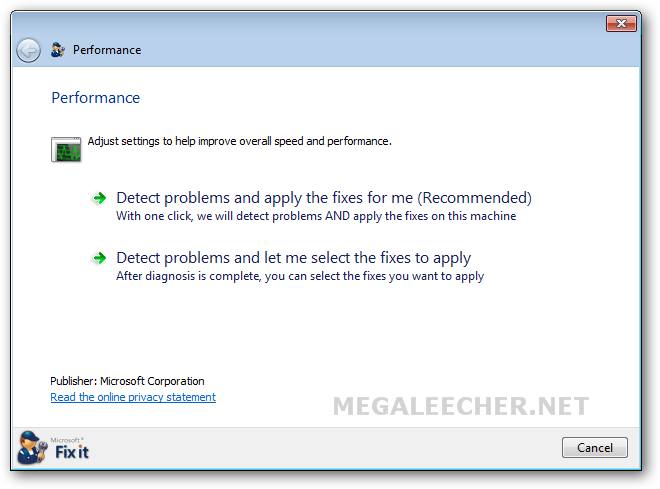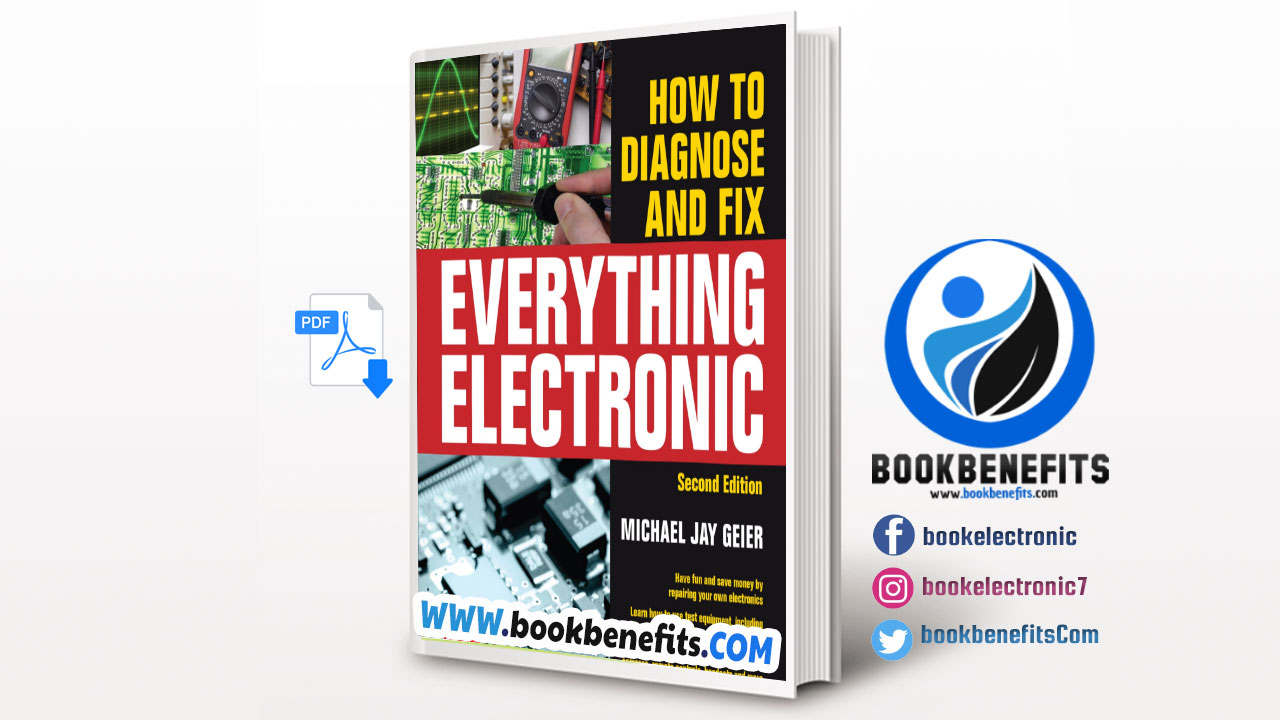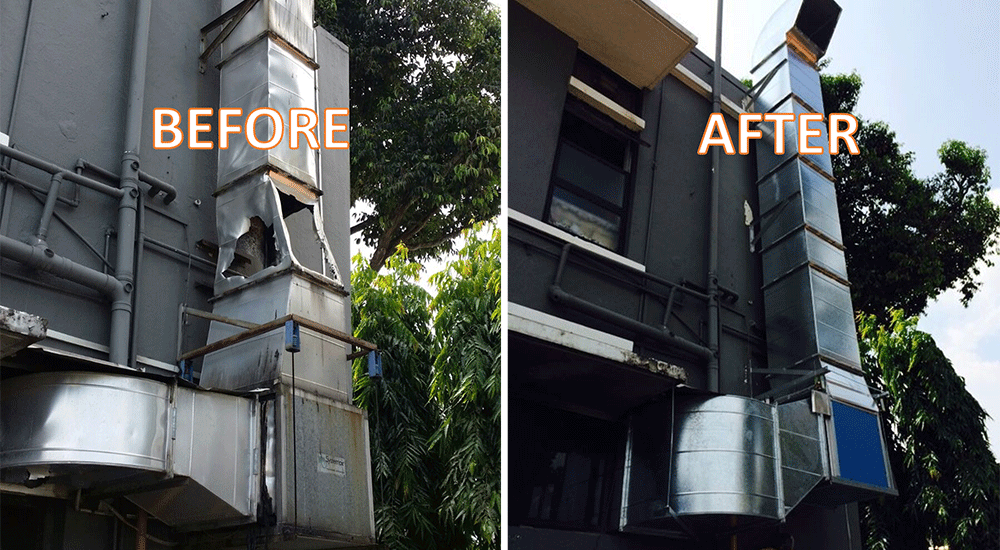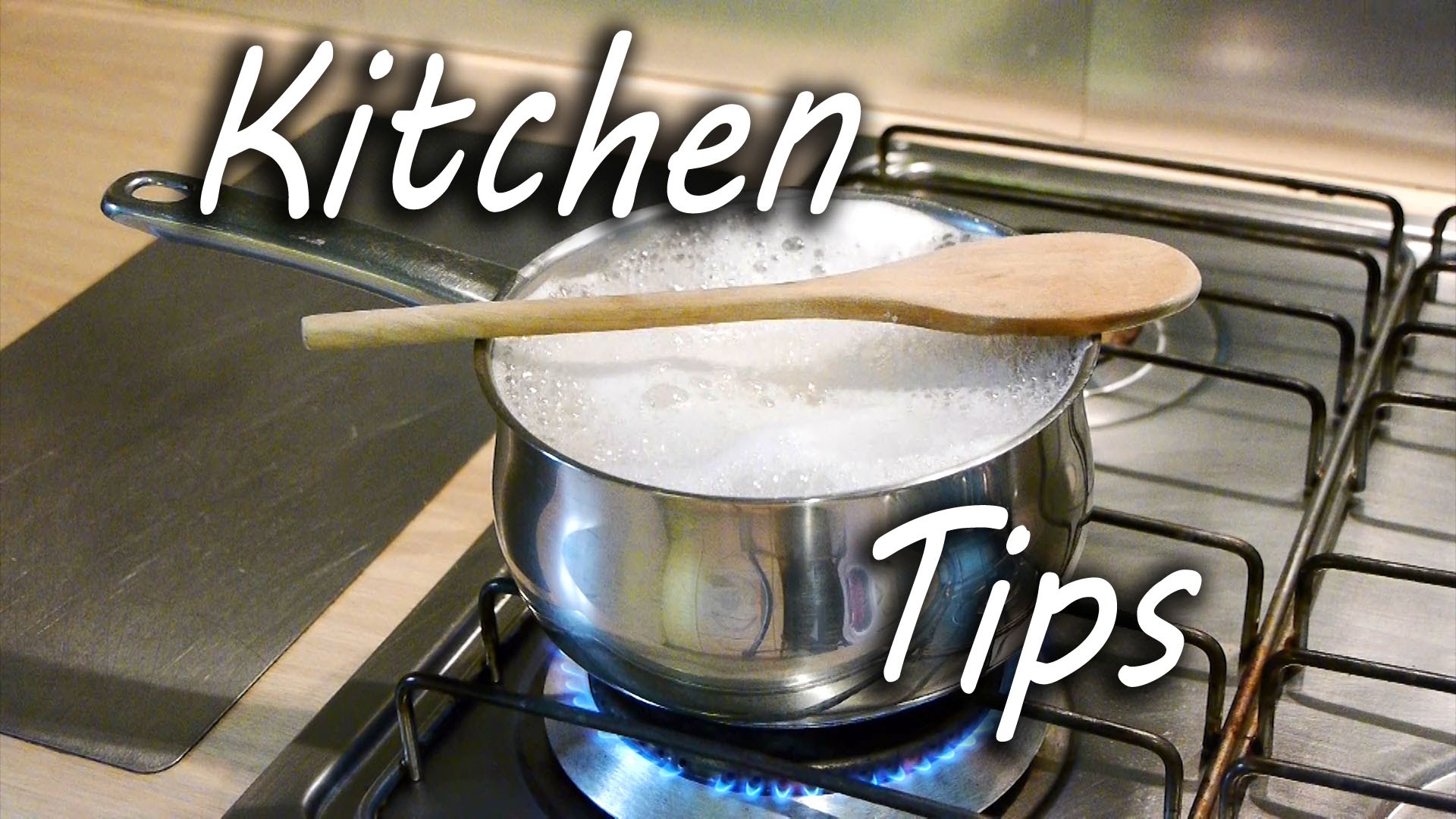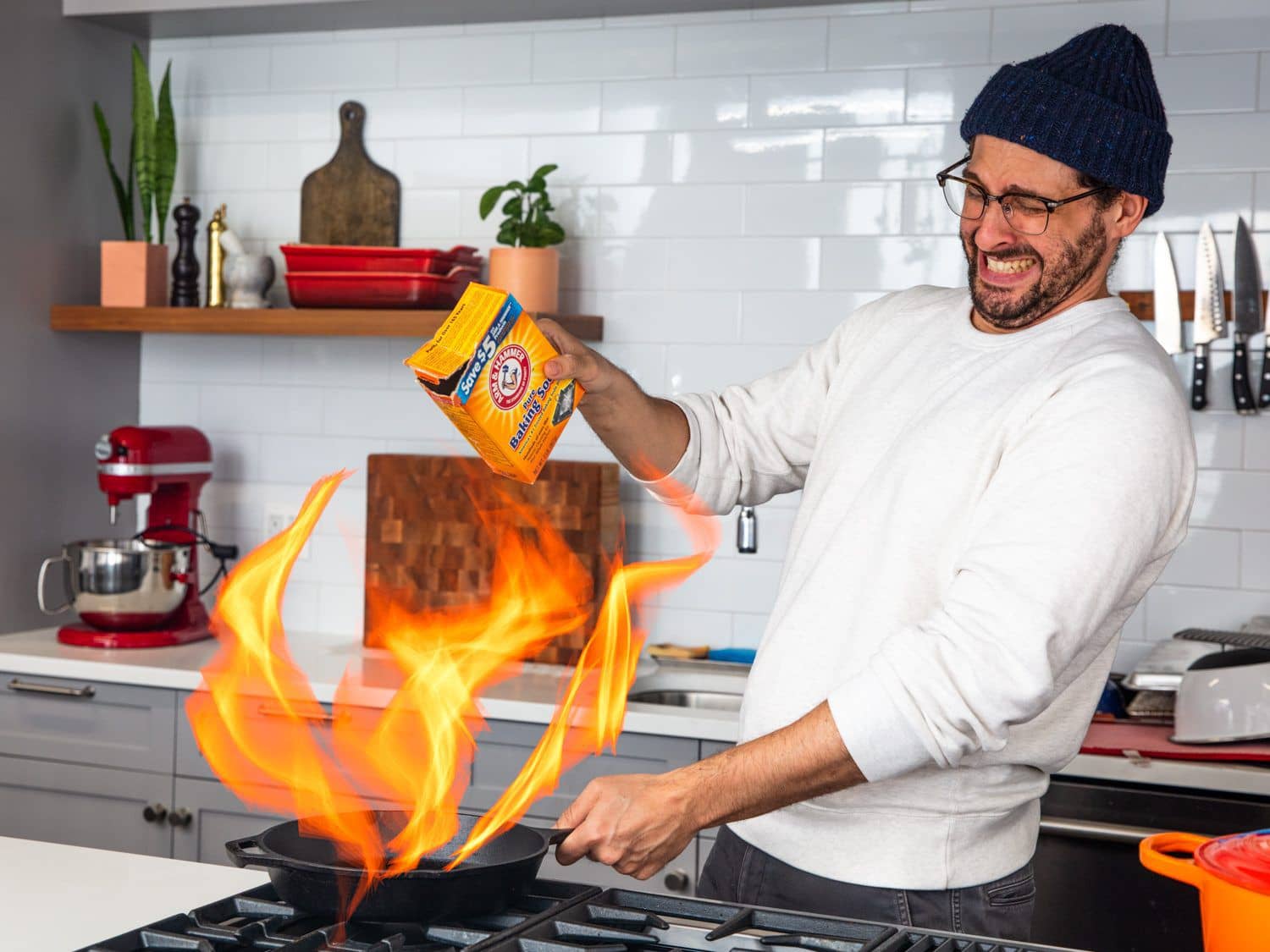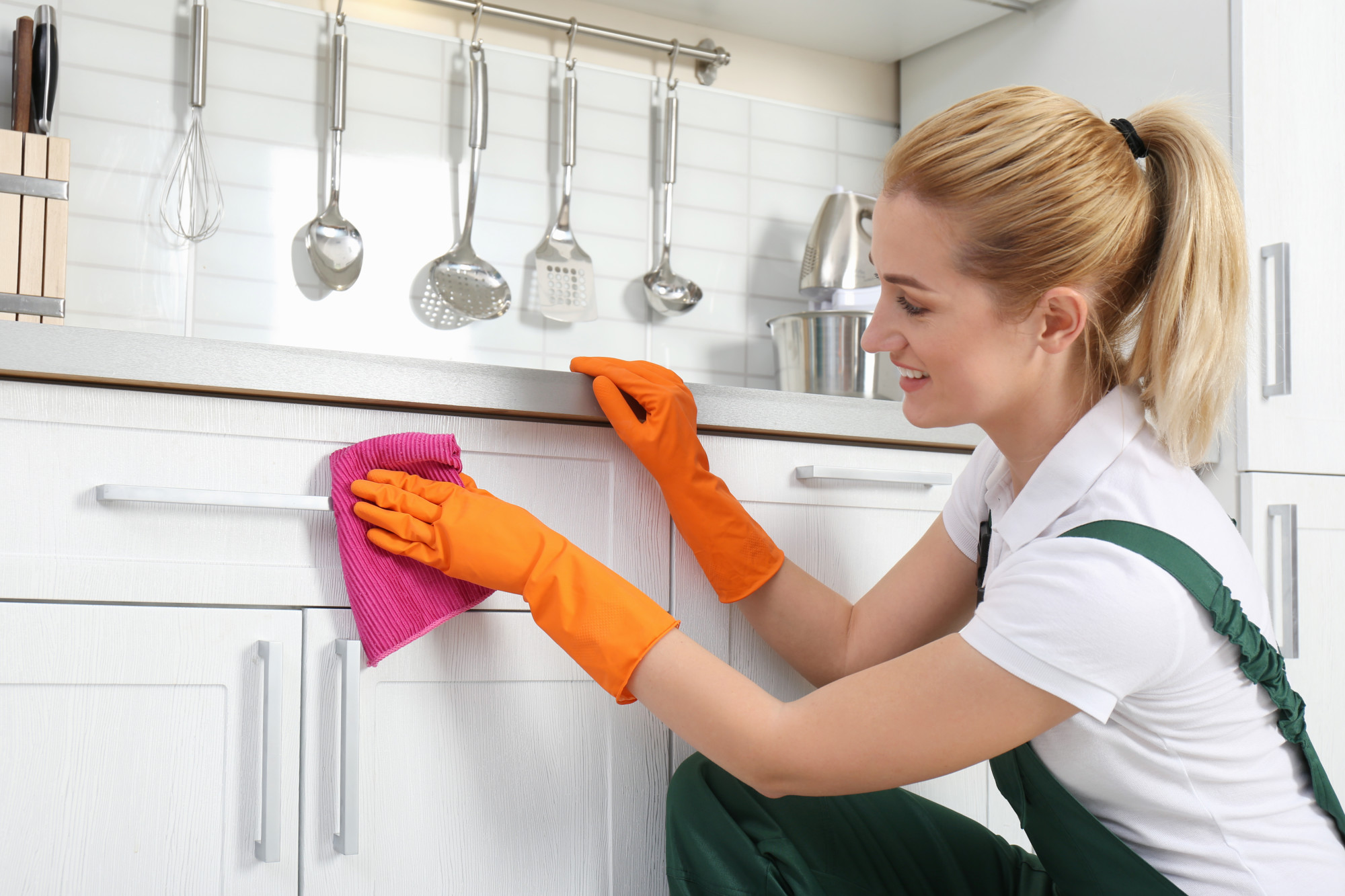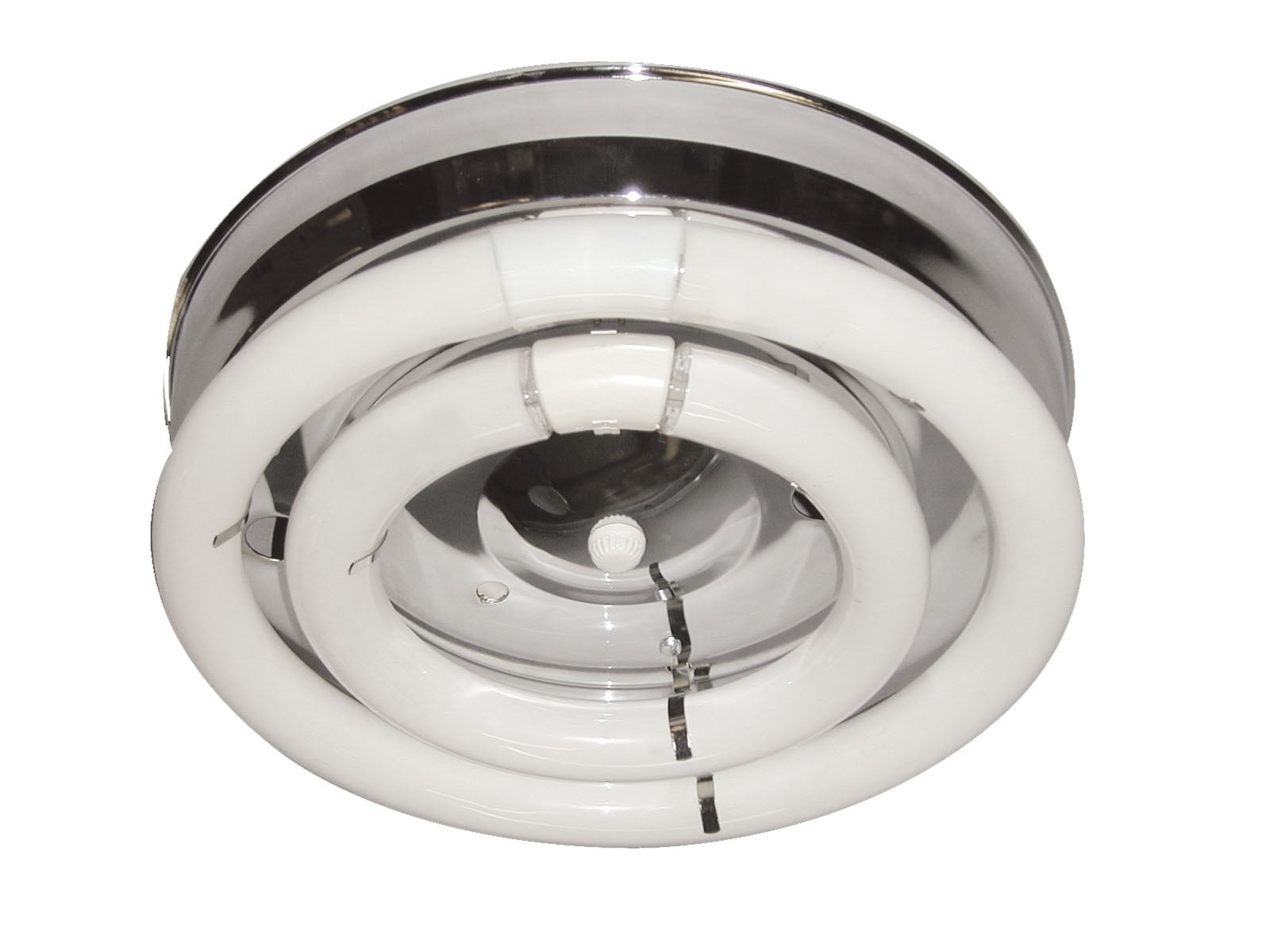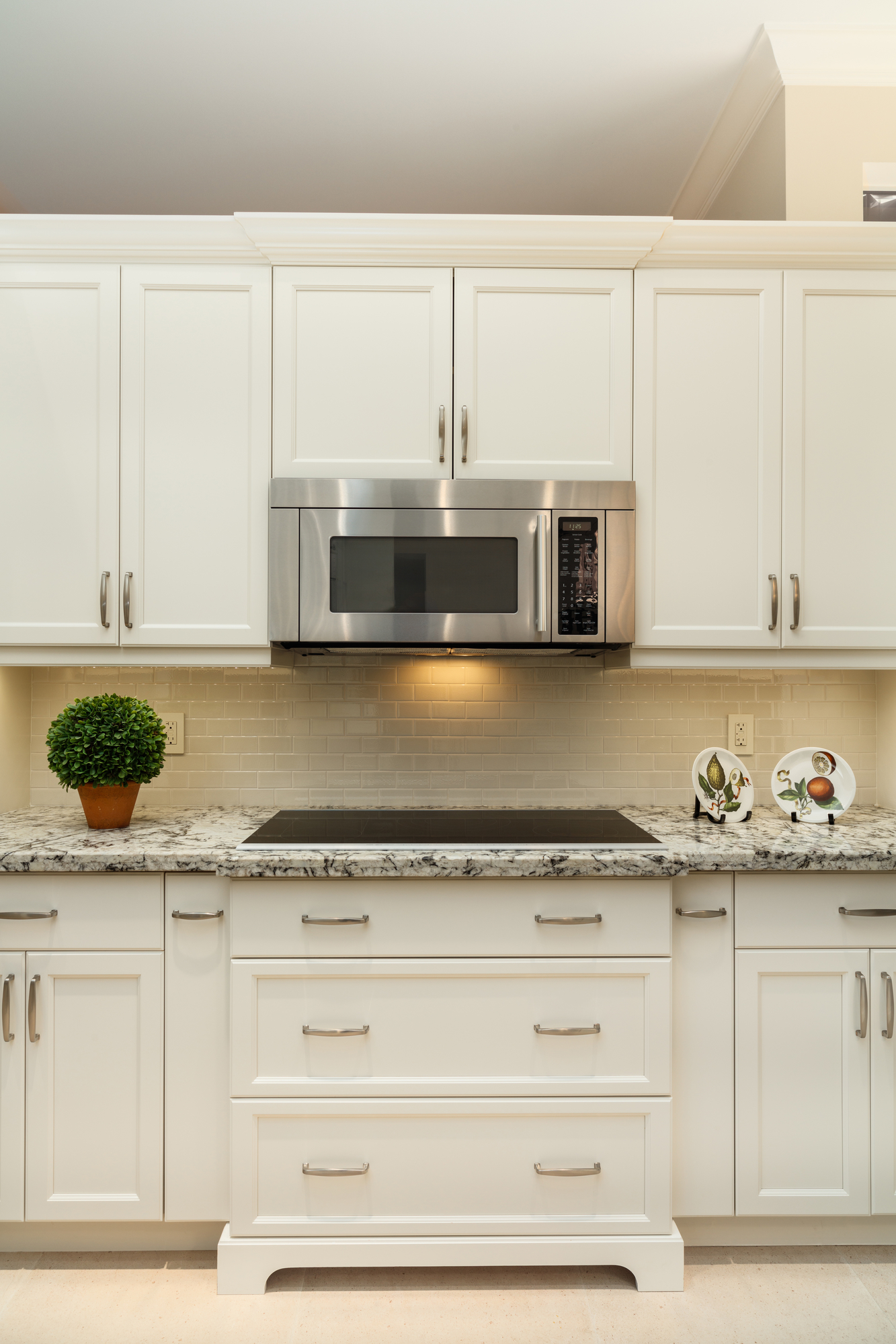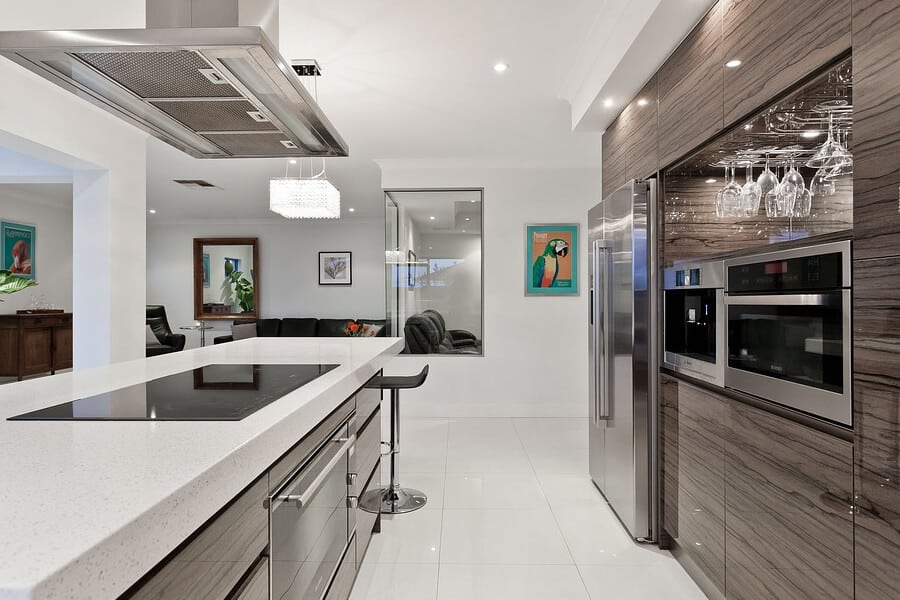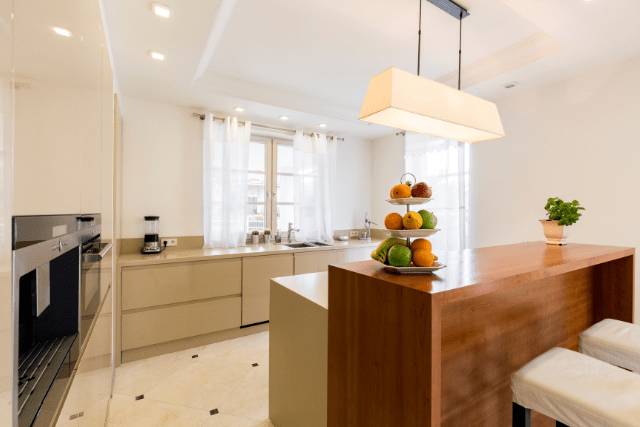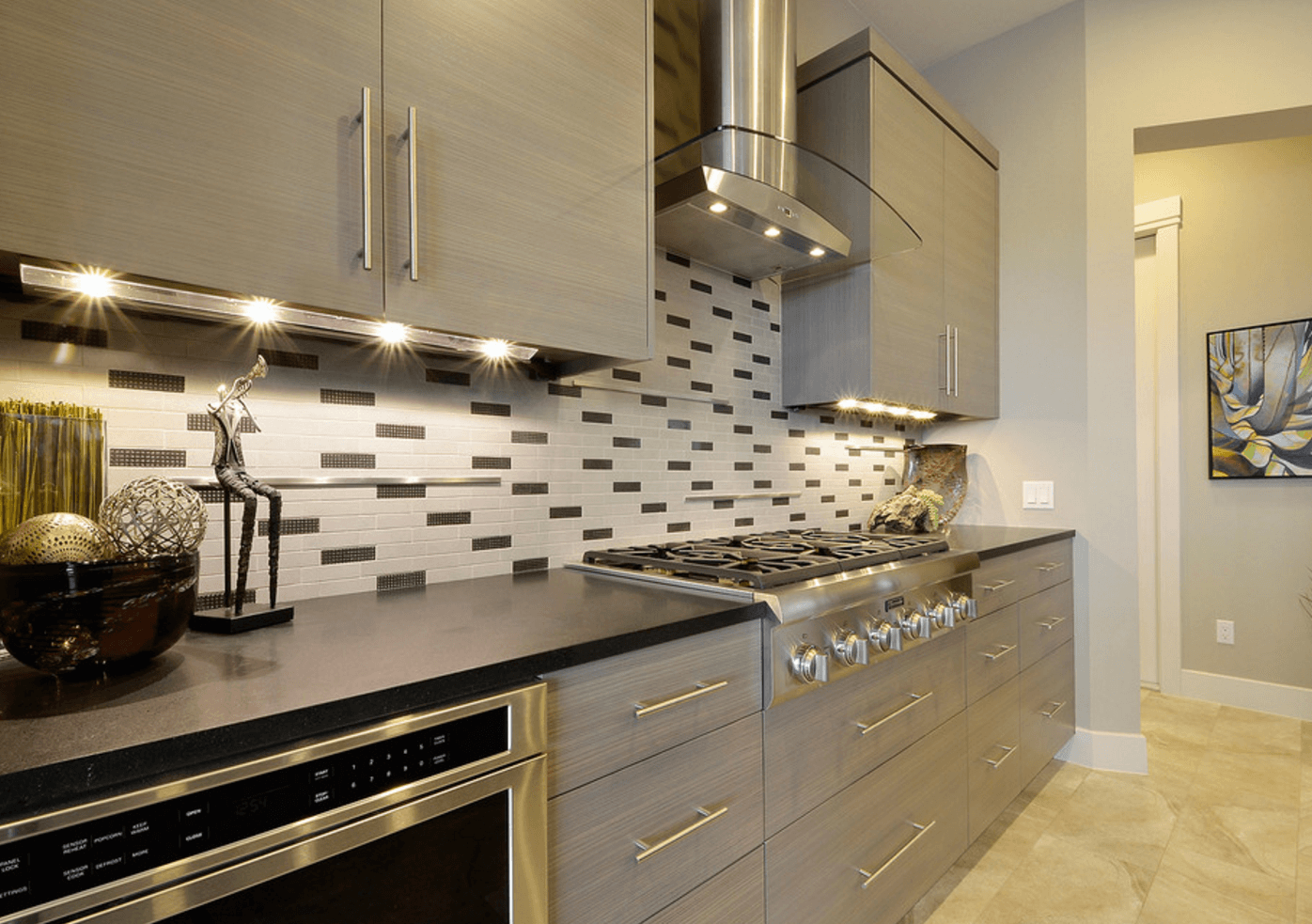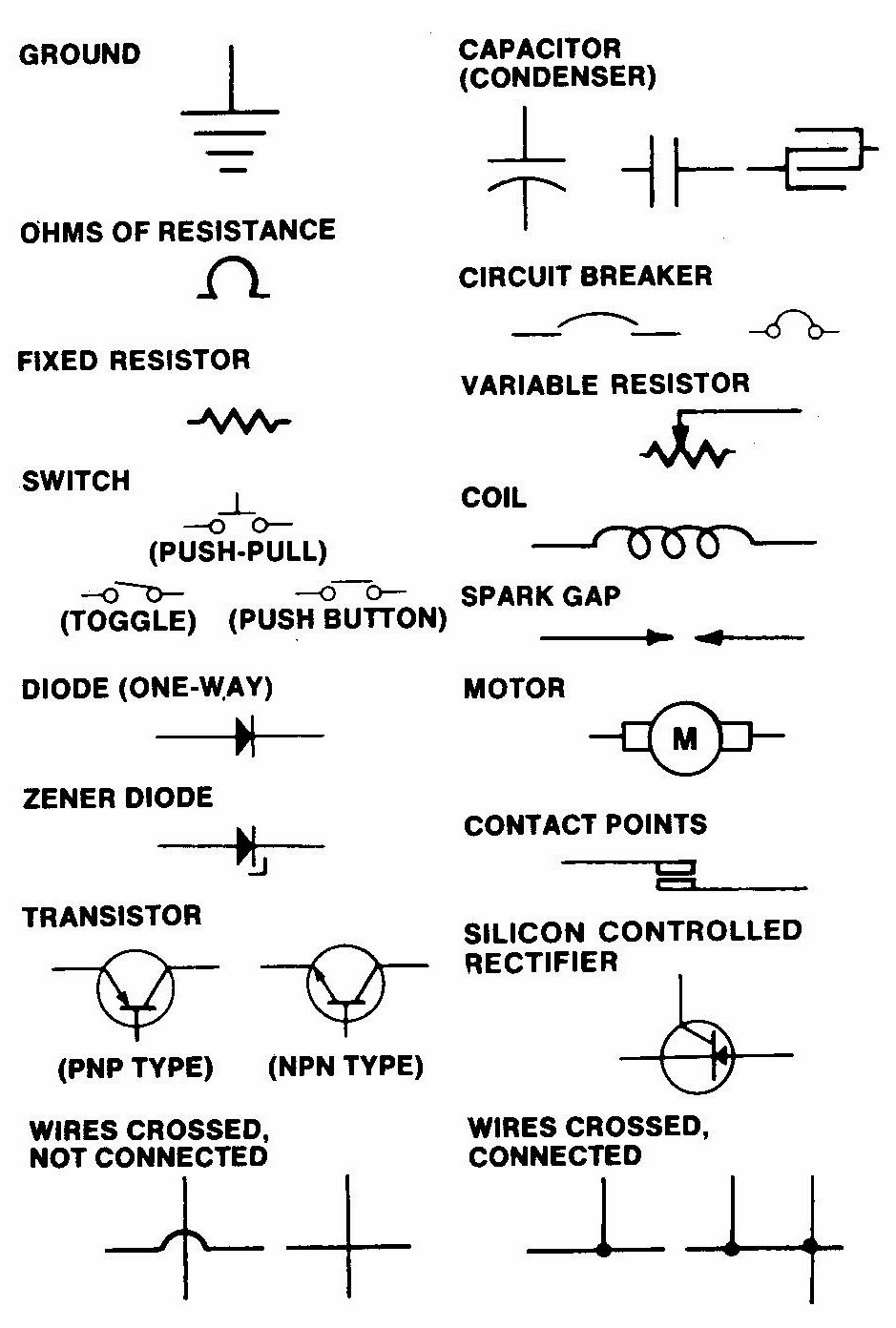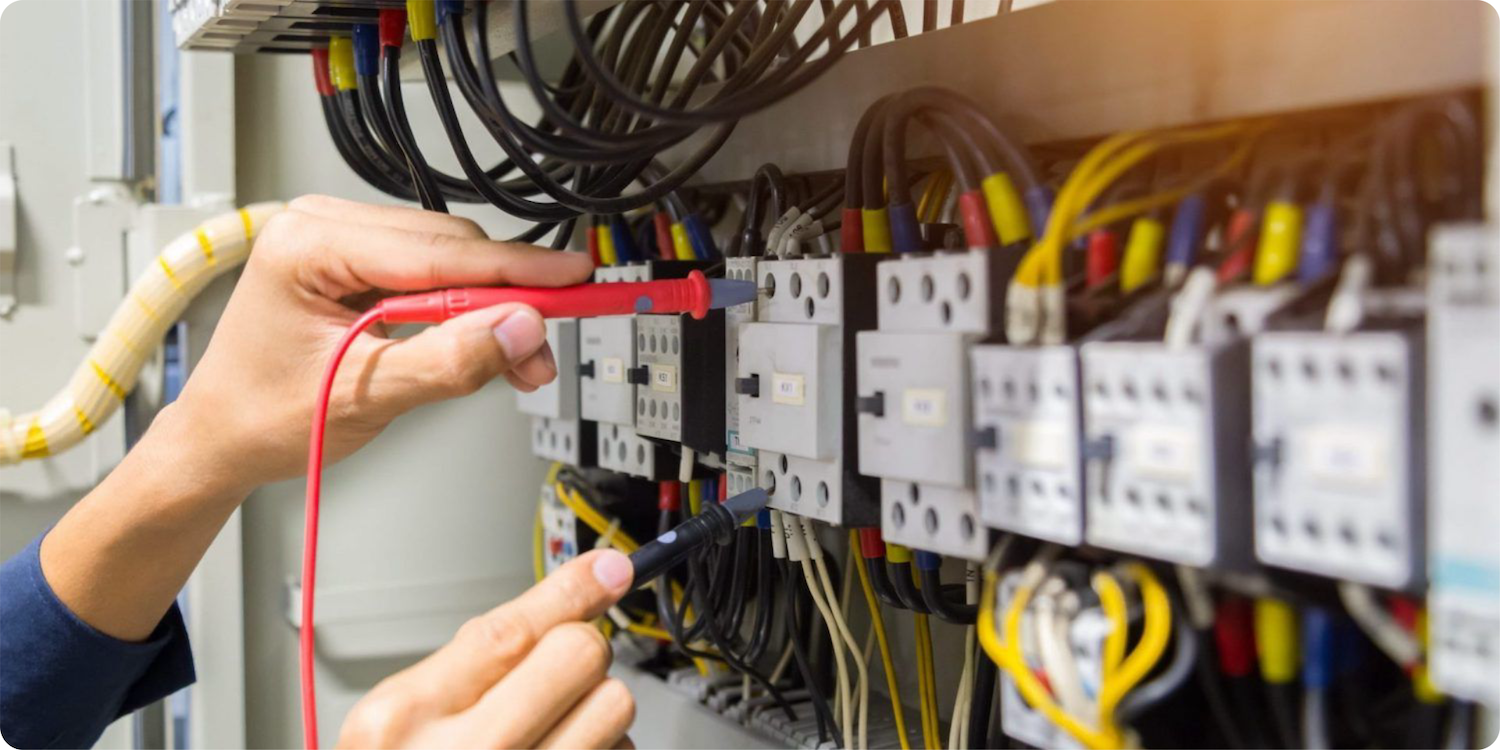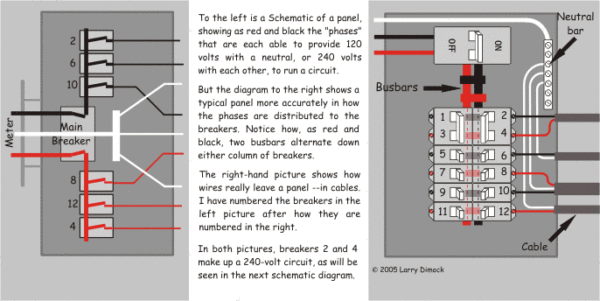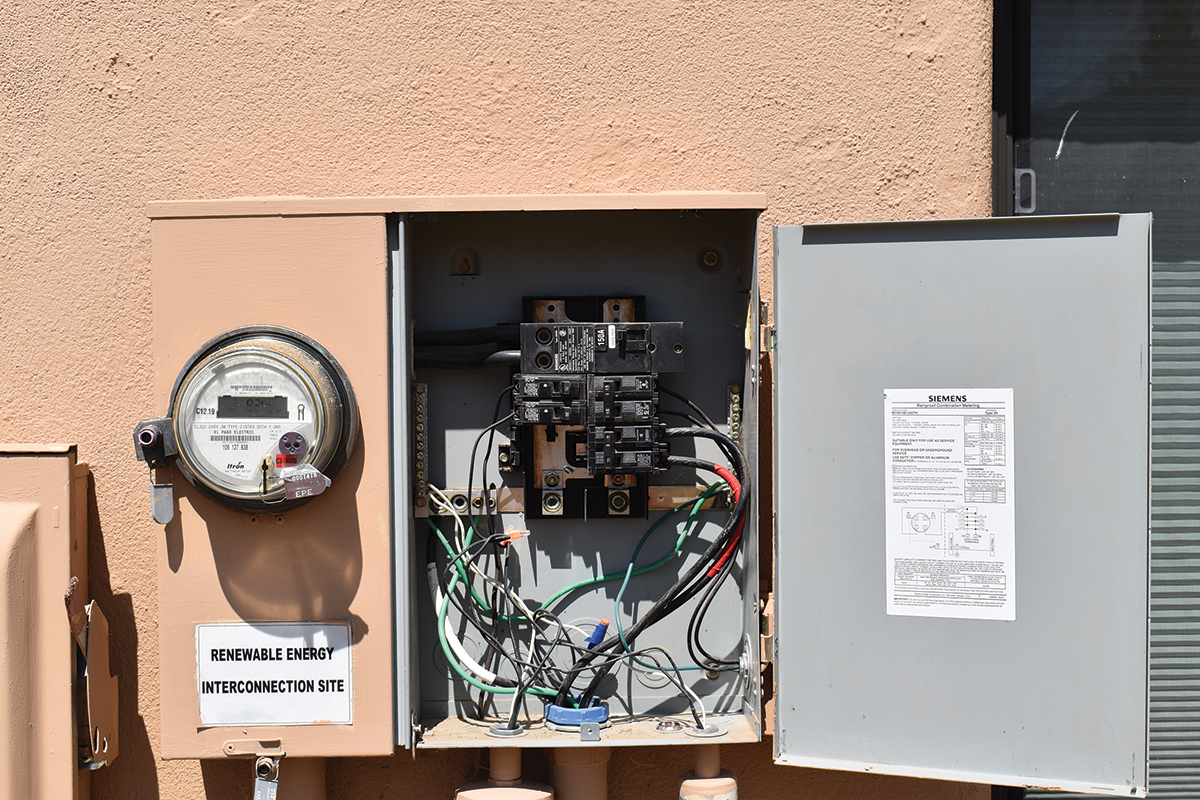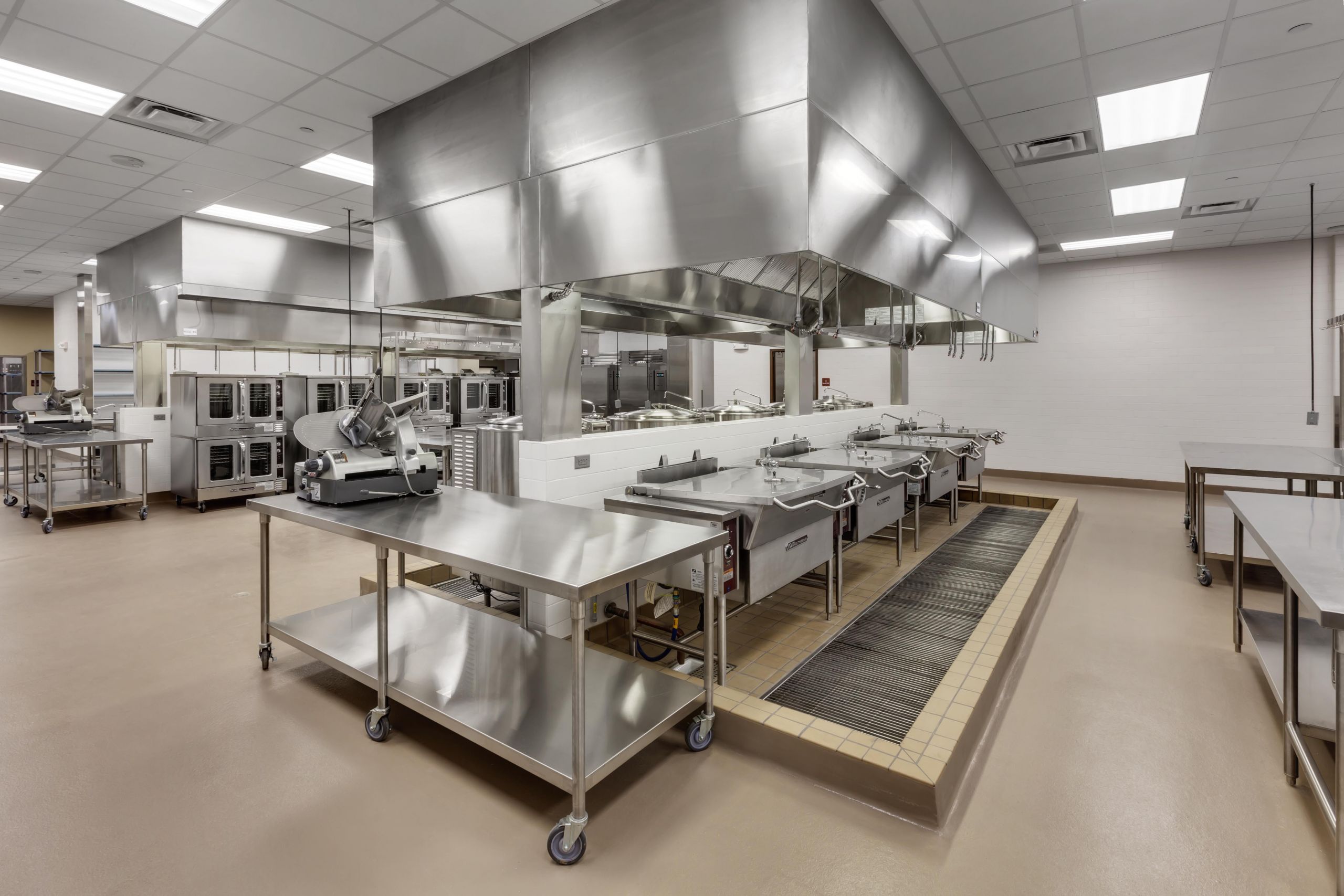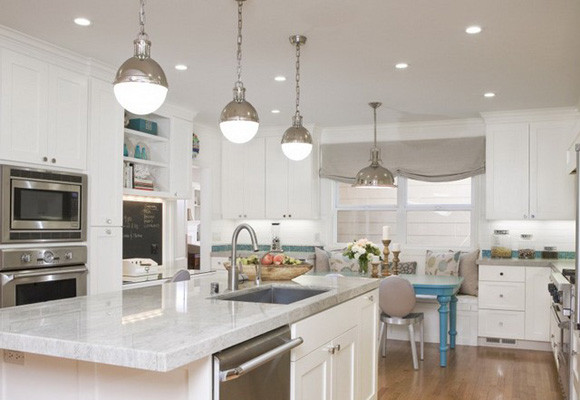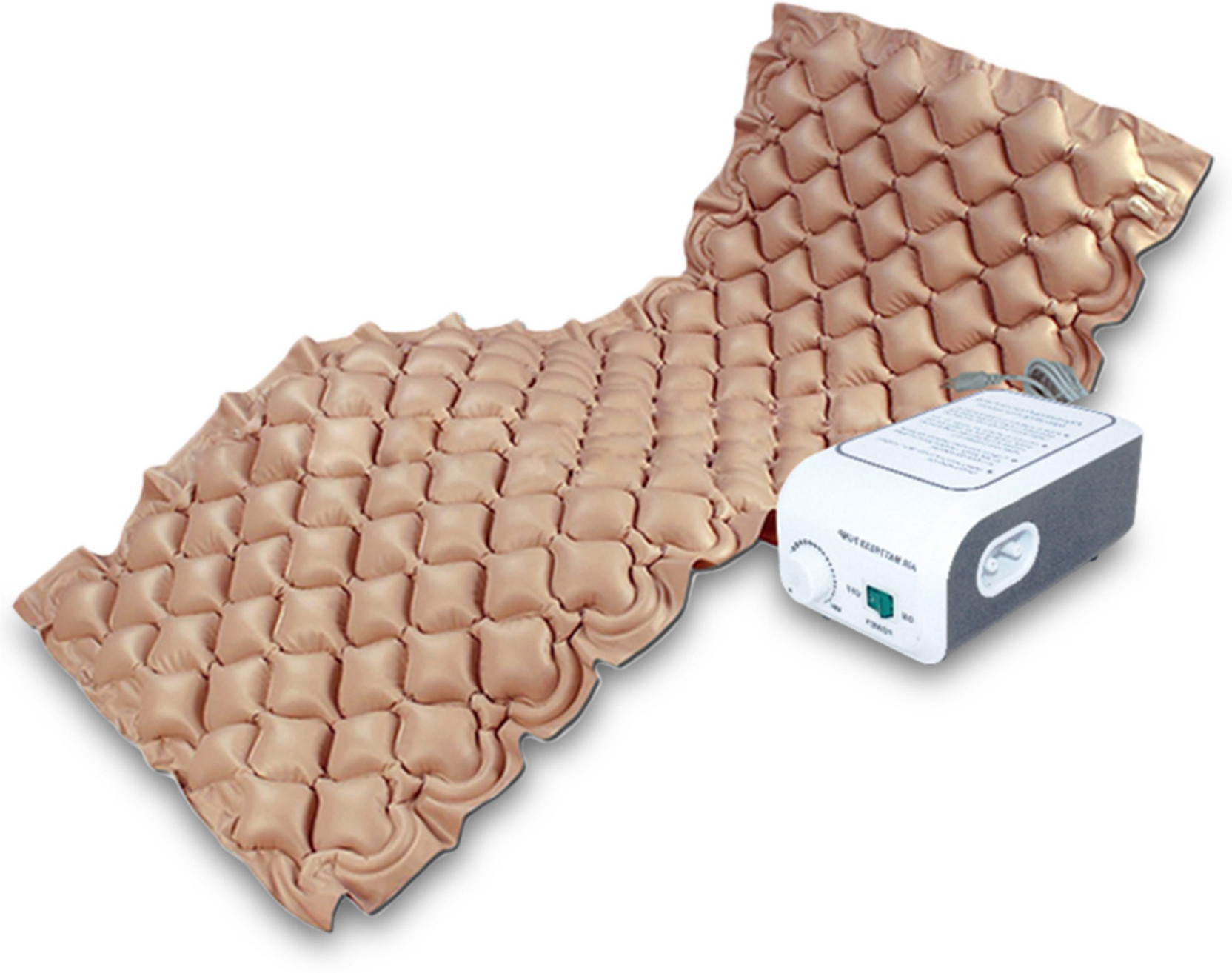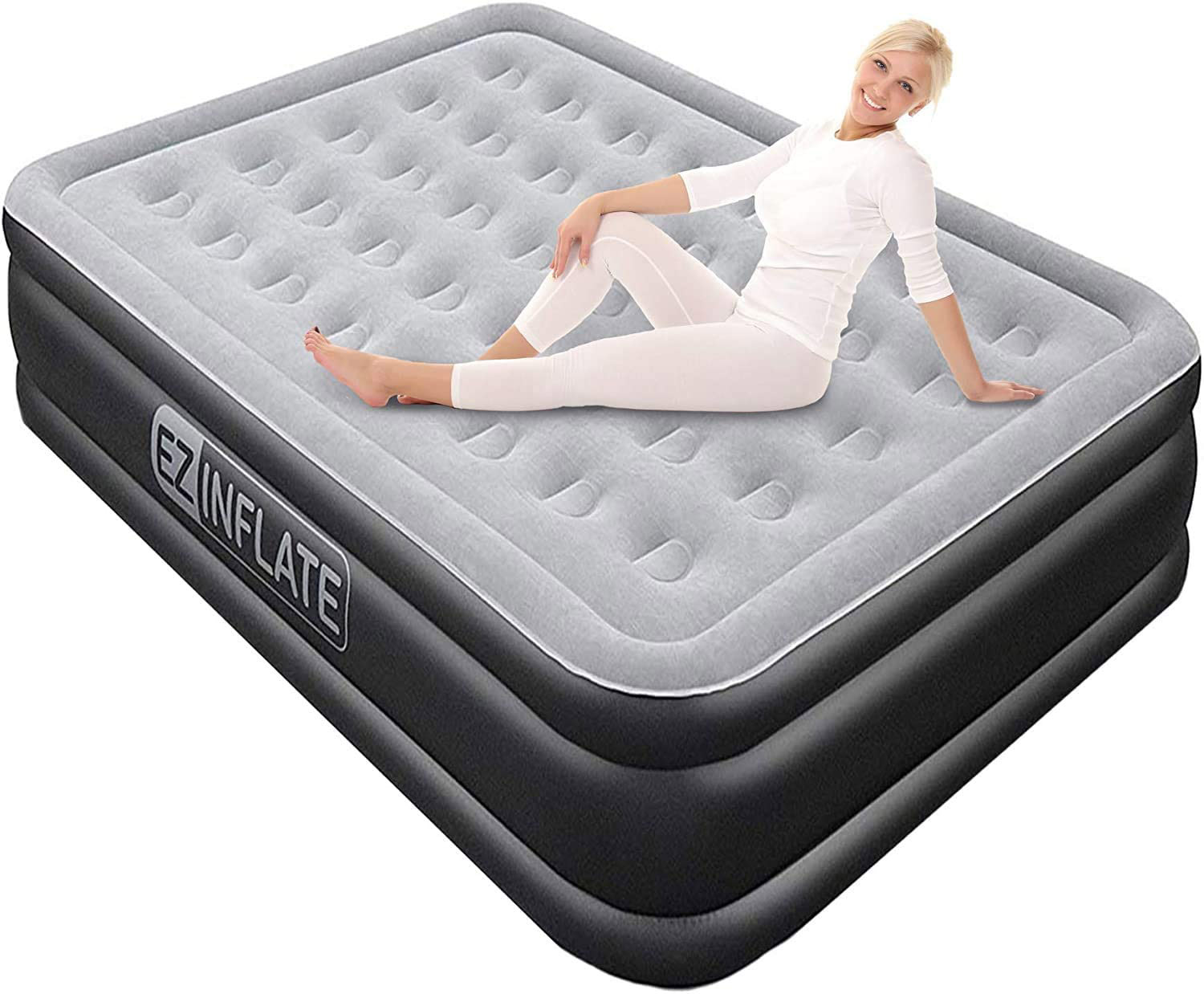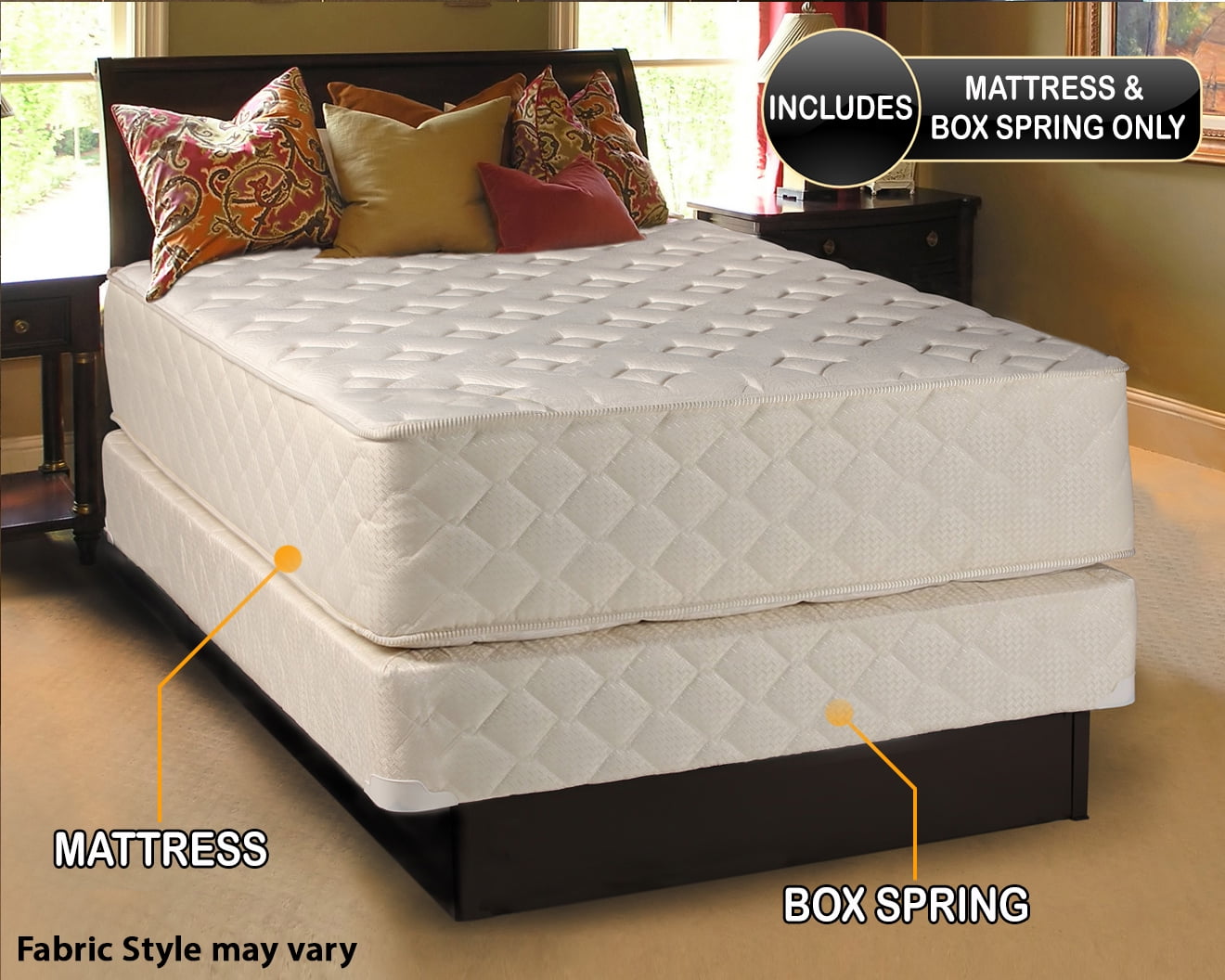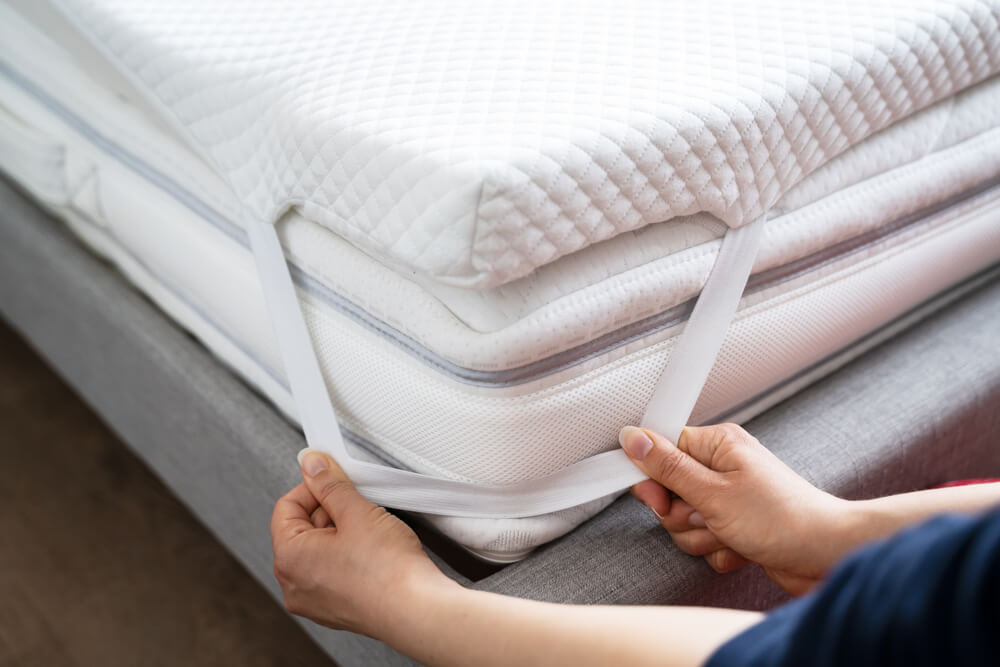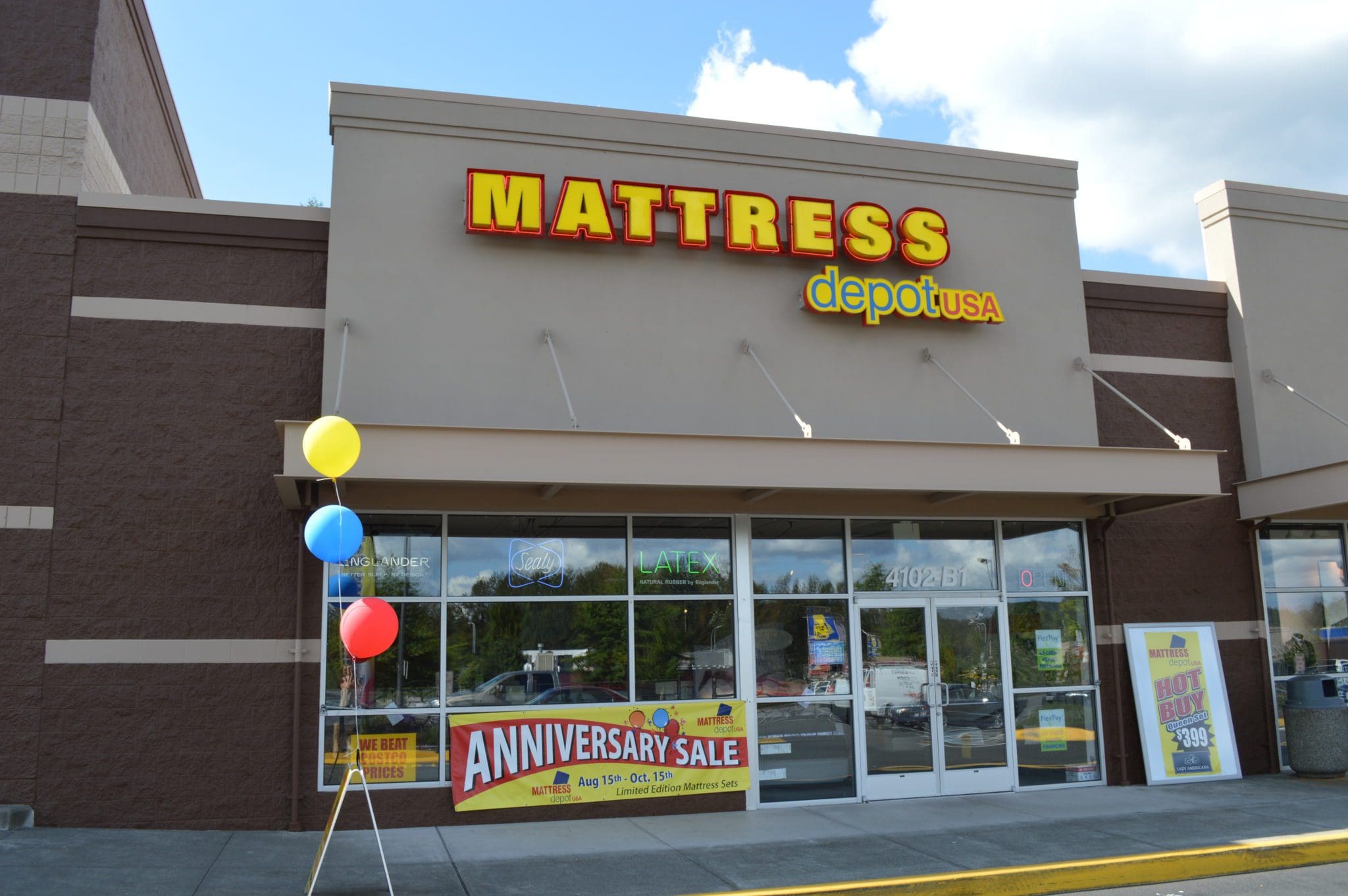Why Does My Kitchen Light Take So Long to Come On?
If you've noticed that your kitchen light takes ages to come on, you're not alone. Slow-to-start lights are a common issue that many homeowners face. Not only is it frustrating to wait for your light to finally turn on, but it could also be a sign of a bigger problem. In this article, we'll explore the reasons behind this issue and provide solutions to help you fix your slow-to-start kitchen light.
How to Fix a Slow-to-Start Kitchen Light
Before we dive into the potential causes of a slow-to-start kitchen light, let's discuss some quick fixes that may solve the problem. First, try replacing the light bulb. If the bulb is old or damaged, it may take longer to heat up and produce light. Additionally, check the connections between the light fixture and the wiring. Loose connections could also be the culprit of a slow-to-start light.
Troubleshooting Slow-to-Start Kitchen Lights
If replacing the light bulb and checking connections didn't solve the issue, it's time to do some troubleshooting. Start by inspecting the light switch. If the switch is old or worn out, it may be causing the delay in your kitchen light turning on. You can also check the voltage of the circuit to ensure it is supplying enough power to the light.
Common Causes of Slow-to-Start Kitchen Lights
There are a few common causes of slow-to-start kitchen lights that you should be aware of. One of the main culprits is a faulty ballast. The ballast is responsible for regulating the flow of electricity to the light fixture. If it is not functioning properly, it can cause the light to take longer to turn on. Another common issue is a faulty starter. This small device helps the fluorescent light bulb to heat up and produce light. If it is not working correctly, it can lead to a slow-to-start light.
How to Diagnose and Fix a Slow-to-Start Kitchen Light
To diagnose and fix a slow-to-start kitchen light, you'll need to do some testing. First, check the ballast for any signs of damage or corrosion. If it's damaged, it will need to be replaced. Next, try replacing the starter. If that doesn't solve the issue, you may need to call a professional electrician to inspect the wiring and connections within the light fixture.
Tips for Improving the Speed of Your Kitchen Light
If you want to improve the speed of your kitchen light, there are a few things you can do. First, make sure you are using the correct wattage light bulb for your fixture. Using a higher wattage bulb than recommended can cause it to take longer to heat up. Additionally, keeping your light fixture clean and free of dust and debris can also help it to function more efficiently.
How to Replace a Slow-to-Start Kitchen Light Bulb
If you've determined that the issue is simply a faulty light bulb, replacing it is a quick and easy fix. Turn off the power to the light fixture and carefully remove the old bulb. Then, simply insert the new bulb and turn the power back on. Make sure to dispose of the old bulb properly, as fluorescent bulbs contain small amounts of mercury.
Upgrading Your Kitchen Light for Faster Performance
If you're tired of dealing with a slow-to-start kitchen light, it may be time to consider upgrading your light fixture altogether. LED lights are a popular choice for their energy efficiency and fast start-up time. Additionally, they have a longer lifespan compared to traditional fluorescent bulbs. Consider consulting with an electrician to help you choose the best lighting upgrade for your kitchen.
Understanding the Electrical System Behind Your Kitchen Light
To fully understand the issue of a slow-to-start kitchen light, it's essential to have a basic understanding of the electrical system behind it. Your kitchen light is likely connected to a series of wires and circuits that all work together to provide power to the fixture. If any of these components are damaged or malfunctioning, it can cause issues with the performance of your light.
When to Call a Professional for Slow-to-Start Kitchen Lights
If you've exhausted all troubleshooting options and are still experiencing a slow-to-start kitchen light, it's time to call in a professional. An electrician will be able to thoroughly inspect your light fixture and electrical system to determine the root cause of the issue. They can also make any necessary repairs or upgrades to ensure your kitchen light is functioning correctly.
In conclusion, a slow-to-start kitchen light can be a frustrating and potentially dangerous problem. By understanding the common causes and solutions, you can quickly diagnose and fix the issue. Remember to always take proper safety precautions when dealing with electrical components, and don't hesitate to call a professional if needed. With a little bit of effort, you'll have your kitchen light shining bright in no time.
Why Your Kitchen Light Takes Ages to Come On
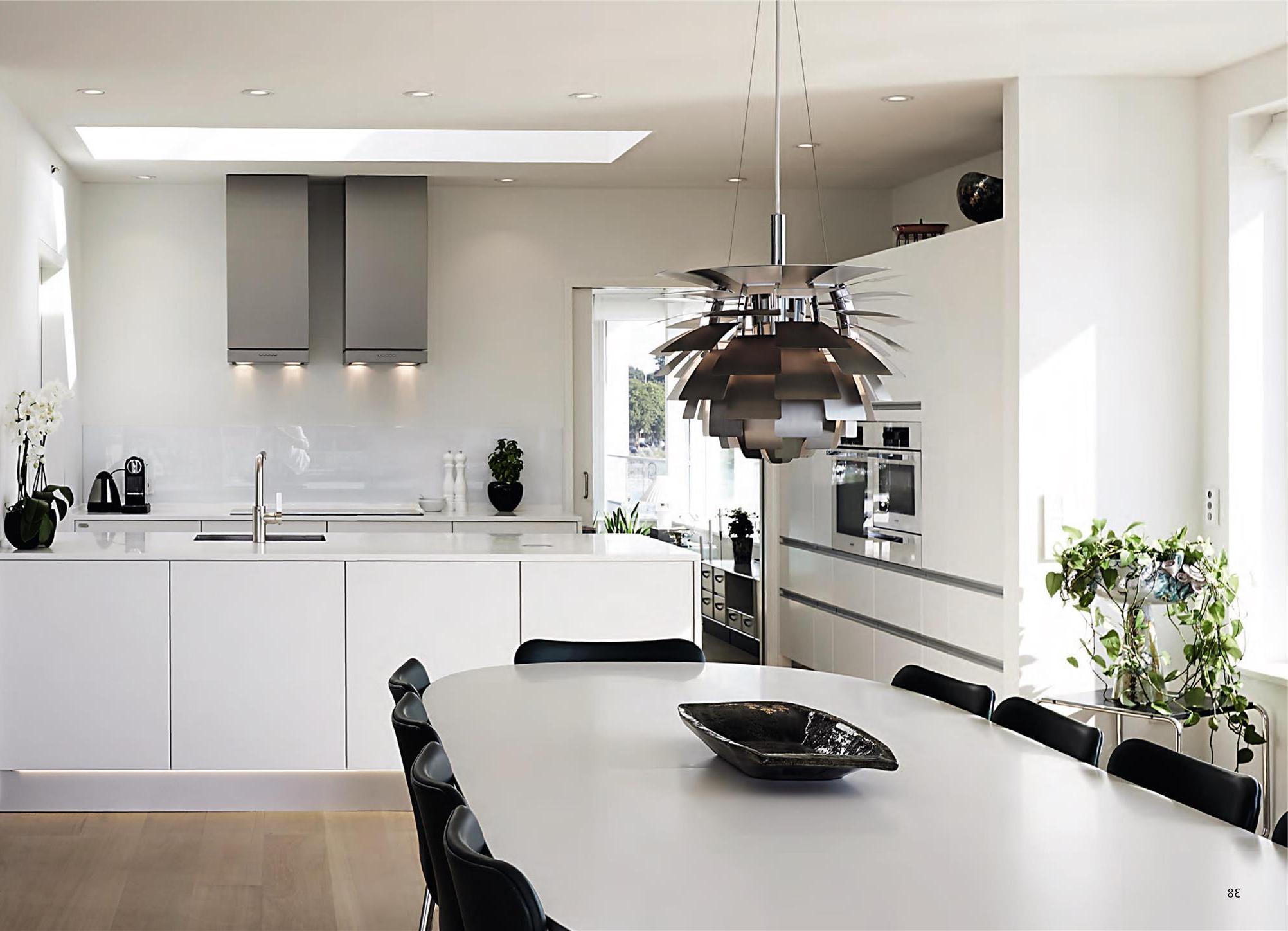
The Importance of Good Lighting in House Design
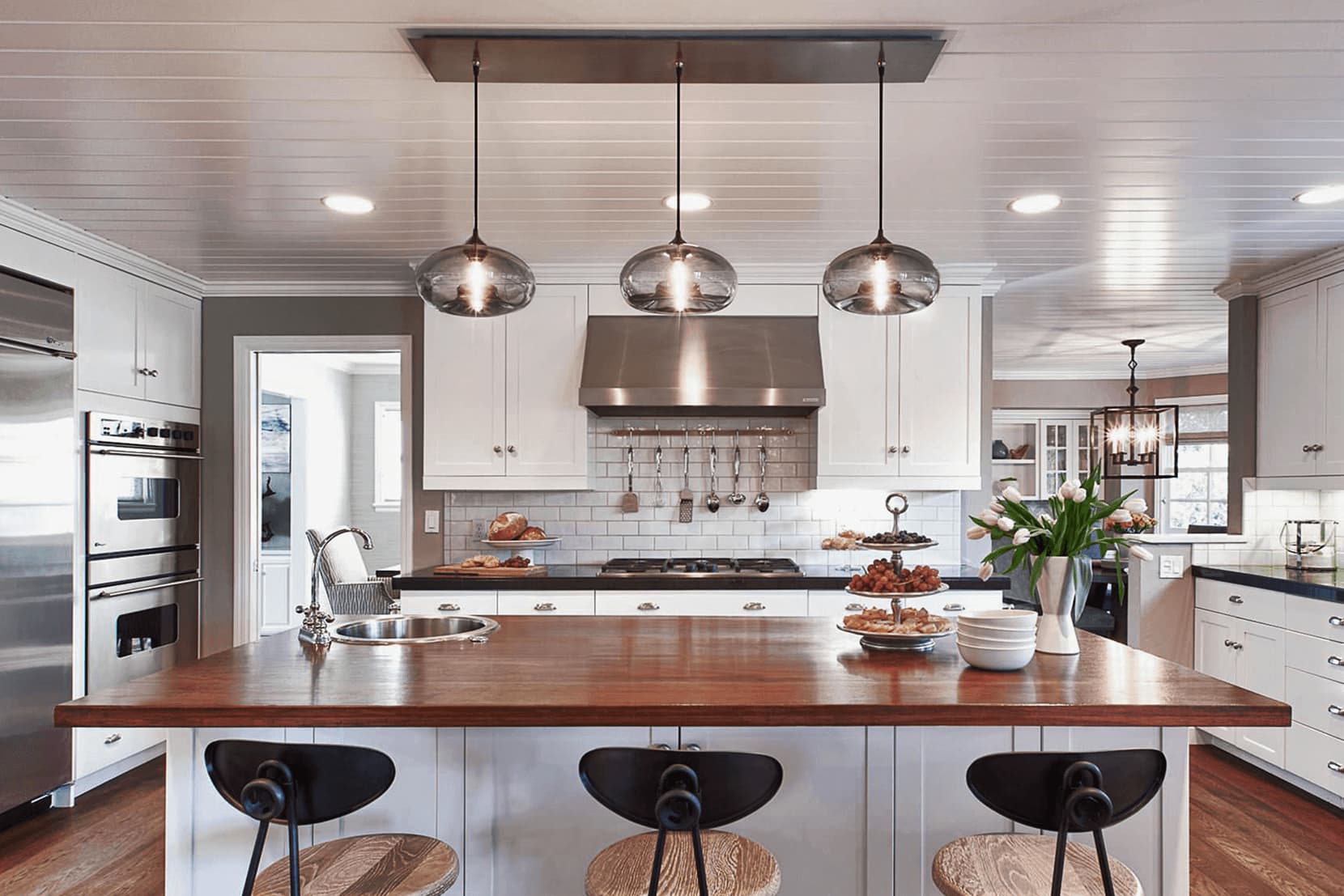 When it comes to designing a house, lighting is often overlooked or not given enough consideration. However, good lighting is essential in creating a functional and comfortable living space. Not only does it affect the overall aesthetic of a room, but it also plays a crucial role in our daily lives. This is especially true in the kitchen, where proper lighting is essential for cooking, cleaning, and even enjoying meals with friends and family.
So, why does your kitchen light take ages to come on?
There could be several reasons for this issue, and it's important to address them to ensure your kitchen is adequately lit.
When it comes to designing a house, lighting is often overlooked or not given enough consideration. However, good lighting is essential in creating a functional and comfortable living space. Not only does it affect the overall aesthetic of a room, but it also plays a crucial role in our daily lives. This is especially true in the kitchen, where proper lighting is essential for cooking, cleaning, and even enjoying meals with friends and family.
So, why does your kitchen light take ages to come on?
There could be several reasons for this issue, and it's important to address them to ensure your kitchen is adequately lit.
Possible Reasons for Slow Kitchen Light Turn On
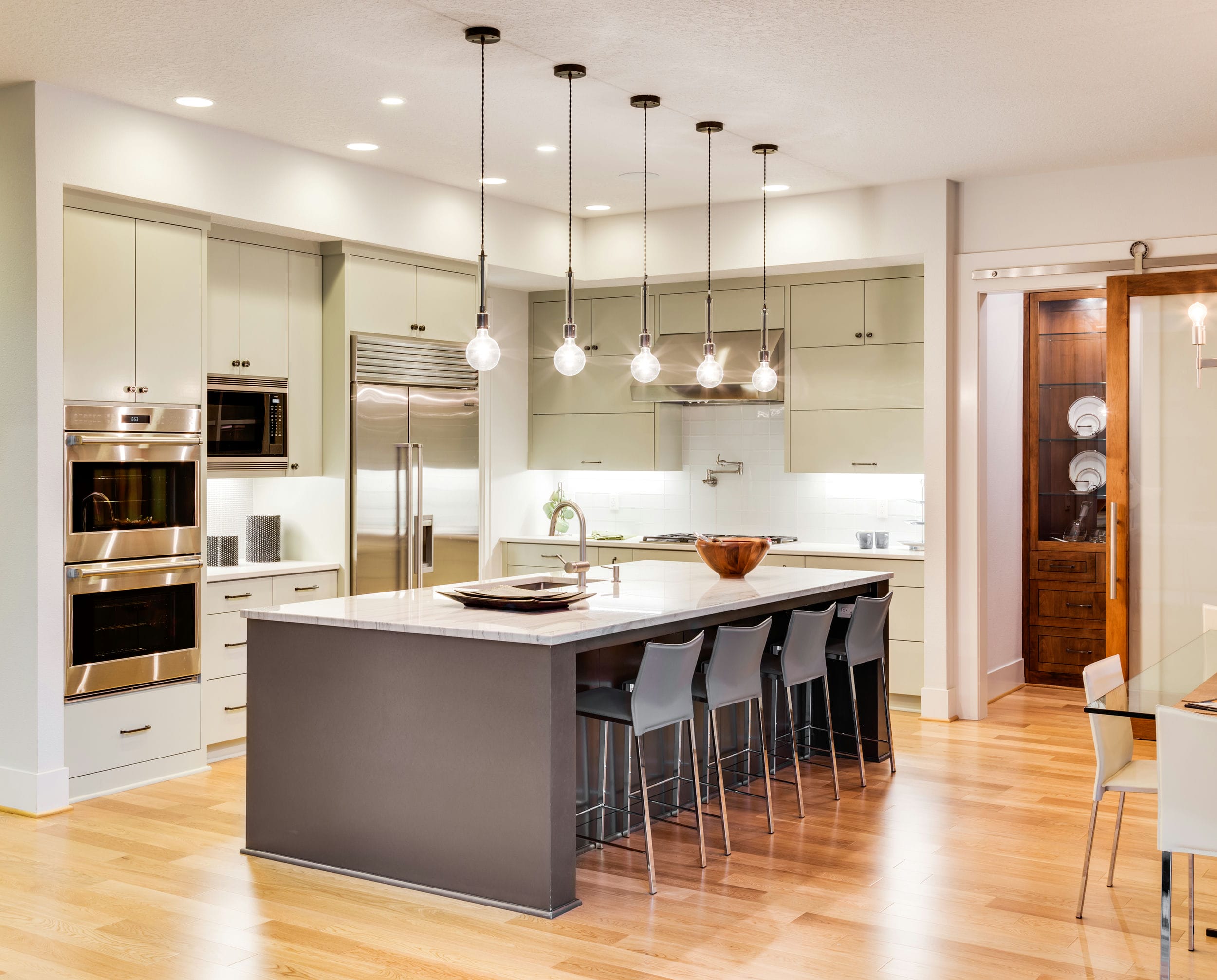 1. Faulty Wiring
One of the most common reasons for slow kitchen light turn on is faulty wiring. Over time, wiring can deteriorate, causing delays in the flow of electricity to your light fixtures. This can result in dim or flickering lights, as well as slow turn on times. If you suspect faulty wiring, it's important to have a professional electrician assess and fix the issue to prevent any potential safety hazards.
2. Old Light Bulbs
Another common culprit for slow kitchen light turn on is old light bulbs. As bulbs age, they can become less efficient, requiring more time to reach their full brightness. This can be especially noticeable in larger fixtures or ones with multiple bulbs. Consider replacing your old bulbs with energy-efficient LED bulbs, which not only have a longer lifespan but also reach full brightness almost instantly.
3. Overloaded Circuit
If your kitchen light is on the same circuit as other high-power appliances, such as a microwave or refrigerator, it could be causing a delay in the turn on time. When these appliances are in use, they draw a significant amount of electricity, which can affect the flow to your light fixtures. Consider having a dedicated circuit for your kitchen lights to avoid any delays.
1. Faulty Wiring
One of the most common reasons for slow kitchen light turn on is faulty wiring. Over time, wiring can deteriorate, causing delays in the flow of electricity to your light fixtures. This can result in dim or flickering lights, as well as slow turn on times. If you suspect faulty wiring, it's important to have a professional electrician assess and fix the issue to prevent any potential safety hazards.
2. Old Light Bulbs
Another common culprit for slow kitchen light turn on is old light bulbs. As bulbs age, they can become less efficient, requiring more time to reach their full brightness. This can be especially noticeable in larger fixtures or ones with multiple bulbs. Consider replacing your old bulbs with energy-efficient LED bulbs, which not only have a longer lifespan but also reach full brightness almost instantly.
3. Overloaded Circuit
If your kitchen light is on the same circuit as other high-power appliances, such as a microwave or refrigerator, it could be causing a delay in the turn on time. When these appliances are in use, they draw a significant amount of electricity, which can affect the flow to your light fixtures. Consider having a dedicated circuit for your kitchen lights to avoid any delays.
Conclusion
 In conclusion, proper lighting is crucial for a well-designed and functional kitchen. If you're experiencing delays in your kitchen light turn on, it's essential to address the issue promptly to ensure your kitchen is adequately lit. By addressing potential issues such as faulty wiring, old light bulbs, or an overloaded circuit, you can enjoy a well-lit and inviting kitchen that is both beautiful and functional.
In conclusion, proper lighting is crucial for a well-designed and functional kitchen. If you're experiencing delays in your kitchen light turn on, it's essential to address the issue promptly to ensure your kitchen is adequately lit. By addressing potential issues such as faulty wiring, old light bulbs, or an overloaded circuit, you can enjoy a well-lit and inviting kitchen that is both beautiful and functional.


